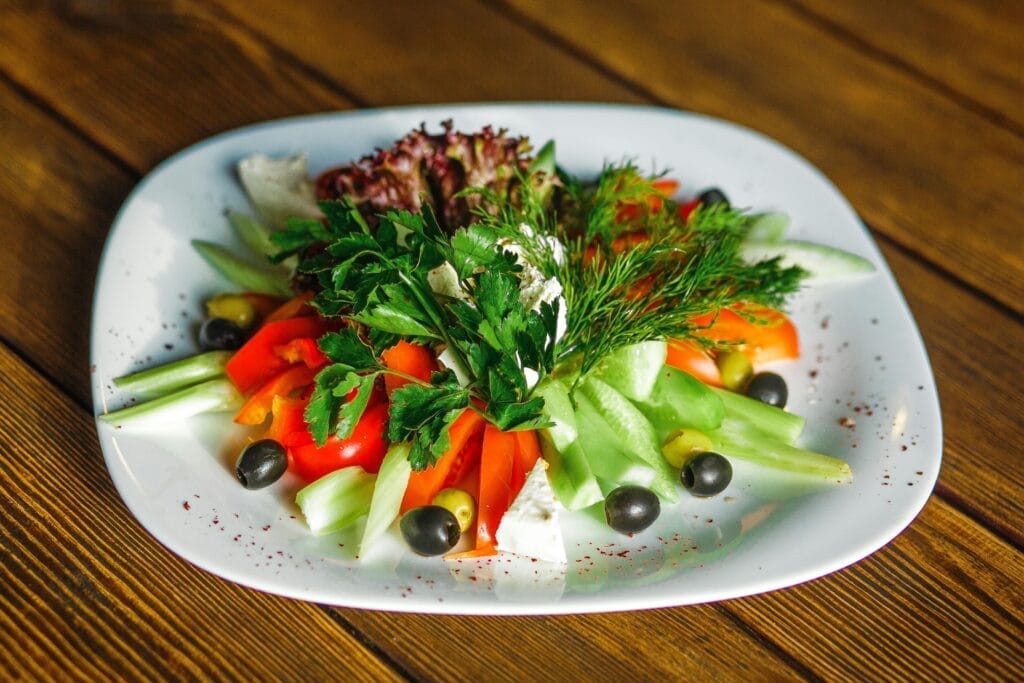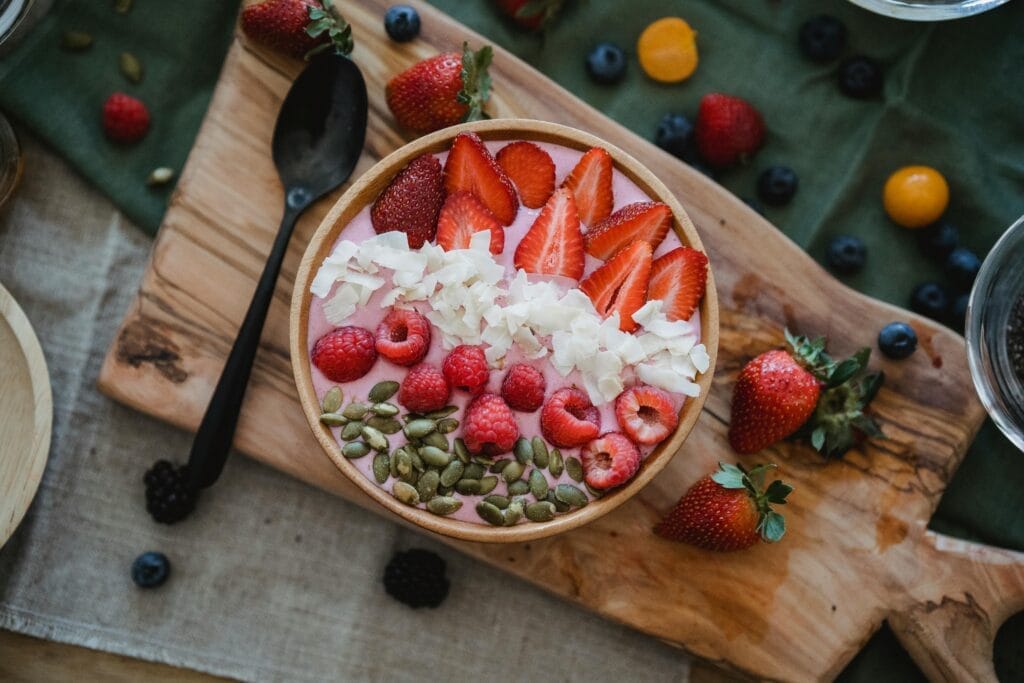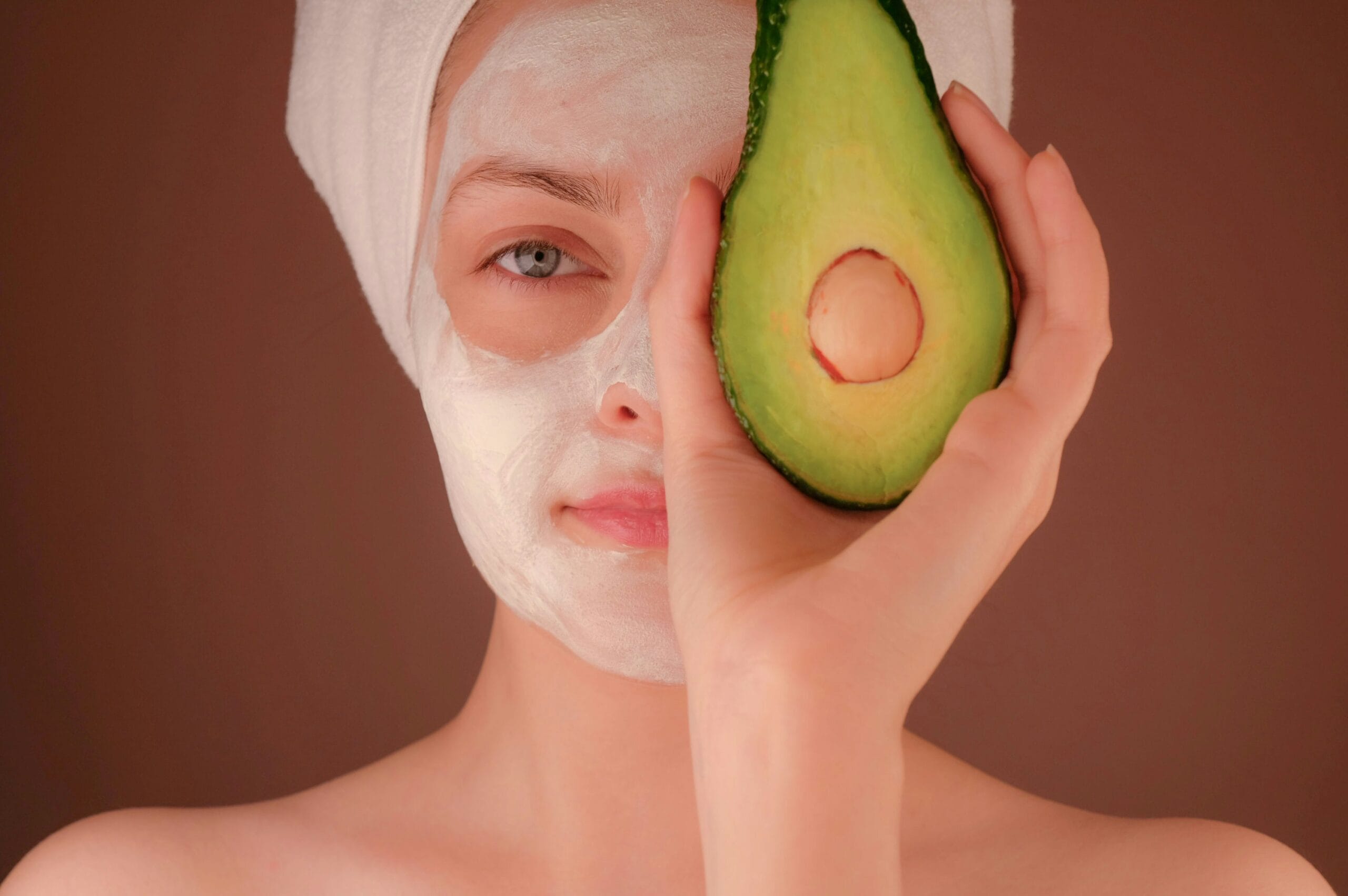Understanding the Connection Between Diet and Skin Health
The relationship between diet and skin health is profound, as the nutrients we derive from food play a critical role in determining the condition and appearance of our skin. Essential vitamins, minerals, and hydration directly influence the skin’s texture, elasticity, and overall appearance.
For instance, vitamins A, C, and E are vital for promoting cell regeneration, fighting free radicals, and reducing inflammation. They are prominent in many skin-friendly foods, including fruits and vegetables that should be staples in a diet aimed at achieving clear skin.
Moreover, healthy fats, such as those found in avocados, nuts, and fish, are integral to maintaining radiant skin. These fats help in building and repairing cell membranes, ensuring that skin cells retain moisture and remain supple.
The integration of these nutrients into a clear skin diet can foster a barrier against external irritants and impurities, thus enhancing skin health. On the other hand, diets high in processed foods and sugars can lead to inflammation and a host of skin issues, including acne, eczema, and premature aging.
Hydration is another crucial element of a proper diet for radiant skin. Drinking adequate water helps flush out toxins and provides essential moisture to the skin. Dehydrated skin often appears dull and may exacerbate the appearance of fine lines. Consequently, it is essential to consume hydrating foods that are packed with water content, such as cucumbers and watermelon, to maintain optimal skin health.
Lastly, it is crucial to recognize the individual’s skin type. What works for one person may not work for another; thus, understanding specific needs is paramount. Tailoring the diet to include specific nutrients beneficial for particular skin conditions can lead to significant improvements.
In conclusion, integrating a balanced diet rich in vitamins, healthy fats, and hydration not only supports skin health but also enhances its vitality, leading to a clearer and more youthful appearance.
Essential Nutrients for Vibrant Skin

Achieving clear and radiant skin requires a comprehensive understanding of the nutrients essential for skin health. Specific vitamins and fatty acids play a crucial role in maintaining vibrant skin. Vitamins A, C, E, and K, along with omega-3 fatty acids and a range of antioxidants, are instrumental in promoting skin health and enhancing its appearance.
Vitamin A is essential for skin cell production and repair, making it a key player in the quest for a clear skin diet. This vitamin helps to reduce acne breakouts and supports the overall texture of the skin. Foods rich in vitamin A include sweet potatoes, carrots, and leafy greens, which can be easily integrated into a diet for radiant skin.
Vitamin C is another critical nutrient, known for its antioxidant properties. It plays a pivotal role in collagen production, which is vital for maintaining skin elasticity and reducing the appearance of fine lines. Citrus fruits, strawberries, and bell peppers are excellent healthy skin foods, rich in vitamin C. These antioxidants also help in fighting free radicals, contributing to a clear skin meal plan.
Vitamin E is important for skin protection and hydration. Its anti-inflammatory properties make it particularly effective in soothing skin irritation. Foods that boast high levels of vitamin E include nuts, seeds, and avocados. Incorporating these skin-friendly foods into your diet can help support skin health and nutrition.
Vitamin K is less known but equally important, especially in reducing dark circles and promoting skin healing. Dark leafy greens, broccoli, and Brussels sprouts are great sources of this vitamin.
Finally, omega-3 fatty acids, found in fatty fish and flaxseeds, provide anti-inflammatory benefits essential for maintaining clear skin. These nutrients collectively contribute to a superfoods for clear skin approach, highlighting the connection between diet and skin glow.
Foods to Avoid for Clear Skin
Achieving clear and radiant skin is significantly influenced by dietary choices. Certain foods have been identified as contributors to skin issues, undermining efforts to maintain a healthy complexion. One major category of culprits is sugary foods, which can lead to insulin spikes in the body.
Elevated insulin levels can increase oil production and promote inflammation, resulting in breakouts and blemishes. Moreover, high-sugar diets can also contribute to glycation, a process where sugar molecules bind to proteins, leading to the deterioration of collagen and elastin, essential for youthful skin.
Dairy products are another group to consider when evaluating a diet for radiant skin. Research suggests a correlation between dairy consumption and acne development. It is believed that the hormones present in milk may exacerbate acne in sensitive individuals.
Therefore, those aiming for a clear skin diet might benefit from reducing or eliminating dairy, and instead opt for alternatives like almond or coconut milk, which can provide hydration without the added hormonal effects.
Processed foods, loaded with unhealthy fats, preservatives, and artificial additives, should also be cautiously approached. These foods can promote inflammation and hinder the body’s ability to detoxify, leading to a dull complexion over time.
Instead of processed snacks, individuals can incorporate skin-friendly foods that are rich in antioxidants and vitamins. For example, fruits like berries, vegetables such as spinach, and healthy fats from avocados and nuts are excellent options that support skin health and nutrition.
By consciously avoiding sugary foods, dairy products, and processed items, individuals can significantly improve their skin’s appearance. Replacing these with wholesome, nutrient-rich alternatives not only supports the diet for radiant skin but also ensures enjoyment and satisfaction in meals, ultimately leading to healthier, more glowing skin.
Practical Tips for Implementing a Skin-Friendly Diet
Adopting a clear skin diet requires mindful planning and a commitment to incorporating skin-friendly foods into your daily meals. One of the most effective strategies for achieving this is meal planning.
By dedicating a few hours each week to plan your meals, you can ensure that you are consistently choosing foods that promote skin health and nutrition. Start by creating a weekly menu that includes nutrient-dense ingredients such as fruits, vegetables, whole grains, lean proteins, and healthy fats, all known for their benefits in achieving radiant skin.

To simplify the process, consider organizing your shopping list based on your planned meals. Focus on including superfoods for clear skin like berries, leafy greens, nuts, and seeds that are rich in skin-boosting antioxidants.
Cooking in bulk is another practical approach; prepare larger portions of skin-healthy dishes and freeze individual servings. This way, you’ll have ready-to-eat healthy skin foods on hand when time is limited, making it easier to stay on track with your diet for radiant skin.
Incorporating hydrating foods into your meals is essential for promoting skin health. Foods such as cucumbers, watermelon, and oranges not only provide hydration but also deliver vitamins for glowing skin. Additionally, it is crucial to prioritize hydration by drinking plenty of water throughout the day, as this plays a significant role in maintaining skin moisture levels.
A successful clear skin meal plan should also consider lifestyle factors. Reducing stress through practices like meditation or yoga can contribute positively to skin health. Furthermore, adequate sleep is vital, as it allows the body to repair and regenerate skin cells.
By combining these lifestyle choices with a diet rich in healthy fats for radiant skin, vitamins, and anti-inflammatory ingredients, you can enhance the overall luminosity and clarity of your complexion while effectively addressing concerns like acne or dryness.






